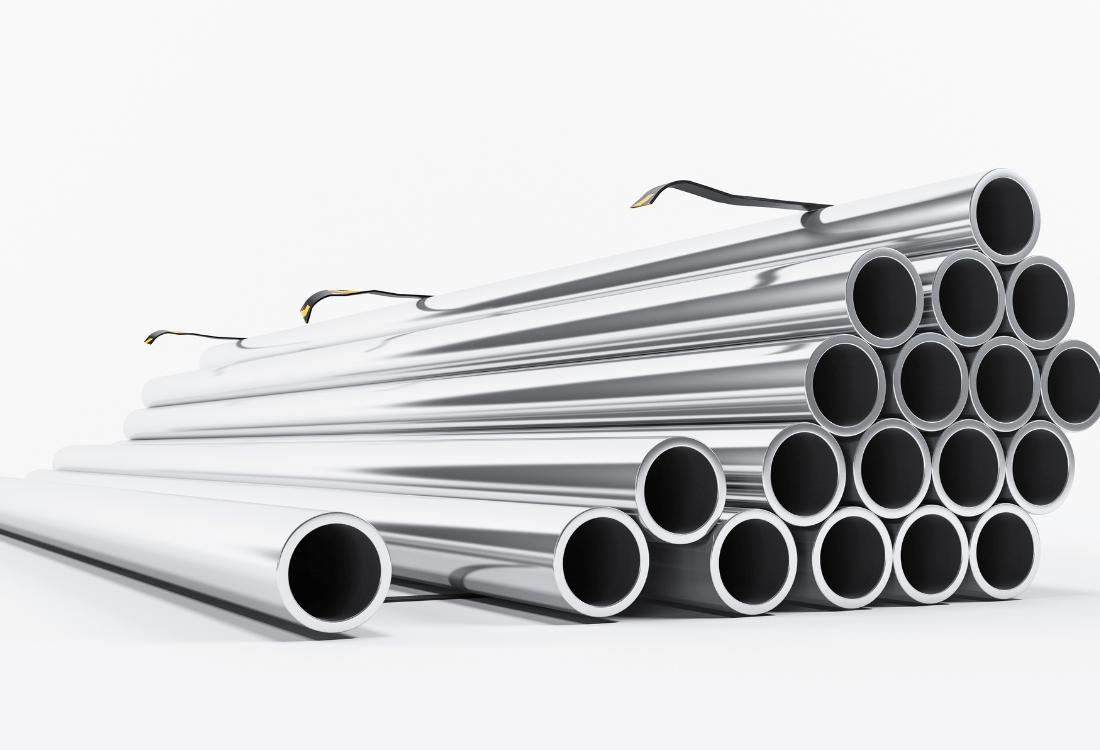Food & Beverage Biofilm Removal Process
We provide professional, reliable chemical treatment for food and beverage equipment, extending lifespan, reducing corrosion, and safeguarding against contamination—all while minimising downtime and preserving operational efficiency.

INOX Passivation's Food & Beverage Equipment Cleaning Services
INOX Passivation Ltd offers professional and reliable chemical cleaning of food and beverage equipment, prolonging its lifespan and minimising corrosion. We work closely with our clients to minimise downtime and protect operational efficiency while delivering a comprehensive and reliable service that reduces equipment degradation and protects products from contamination.
Food & Beverage Equipment Treatment Services
In food and beverage production, maintaining stringent hygiene and safety standards is imperative. Bacteria and contamination pose significant risks, jeopardising product quality and safety while increasing waste. Passivation and biofilm removal are effective and cost-efficient methods to ensure that metal surfaces remain smooth, corrosion-free, and easy to clean, thereby complying with health and safety regulations and enhancing the quality of the end product.
Passivation & Biofilm Removing
Passivation is a process in which metal surfaces are treated to form a protective oxide layer that prevents corrosion and enhances durability. It's crucial in stainless steel applications in the food and beverage industry, ensuring resistance to rust and maintaining longevity.
How Can Passivation Help Your Food And Beverage Business?
By implementing passivation and biofilm removal processes to enhance the quality and condition of metal surfaces used in food and beverage production, your business will benefit by:
Preventing corrosion and rust from forming on the surface of equipment, thereby ensuring its longevity and reliability and reducing the need for premature repairs or replacements.
Meeting stringent hygiene and food safety regulations which are vital to secure compliance and consumer trust.
Ensuring consistent product quality by eliminating contaminants and irregularities, thereby reducing waste and protecting revenues.
Utilising safe, non-toxic chemicals in passivation and biofilm removal treatments that do not compromise the safety or quality of food and beverage products.
Contributing to environmentally friendly practices through the use of eco-friendly chemicals and reducing waste from equipment degradation.Compliance Information
Passivation
ASTM A967 (Standard Specification for Chemical Passivation Treatments for Stainless Steel Parts)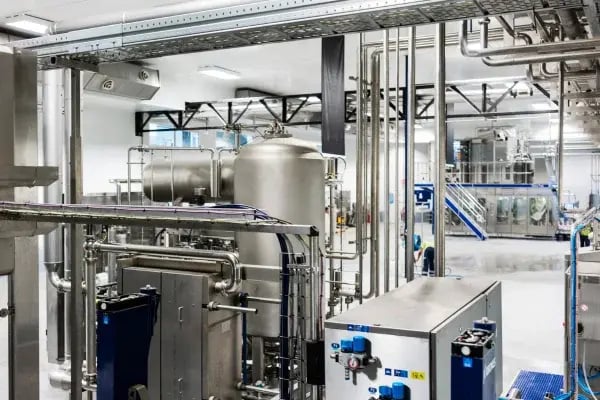
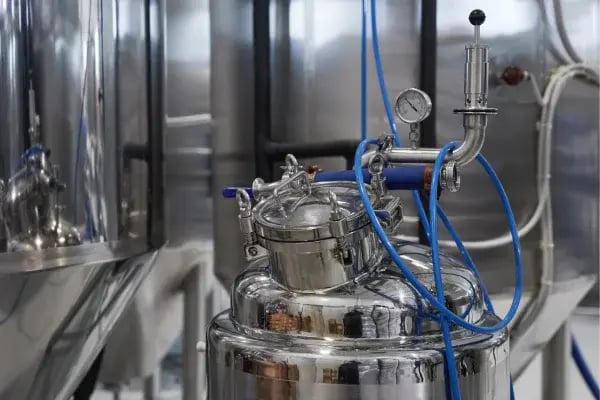
Why Choose INOX Passivation?
- Safe, non-toxic chemicals that don’t expose your products, customers, or the environment to risk.
- Extensive experience of working with the food and beverage production industry which enables us to deliver a bespoke service that meets the needs of each customer.
- Rigorous compliance with industry standards and regulations, including the FSA, cGMP, and FDA.
- We provide a reliable and responsive service that avoids unnecessary delays by maintaining a full inventory of equipment and specialist chemical cleaning products suited for the food and beverage industry.
- As partners withAteco, the leading provider of chemical cleaning services in Switzerland, which provides us with access to high quality chemistry and advanced technical support.
Frequently Asked Questions
Yes, passivation and derouging are essential for ensuring equipment longevity, cleanliness, and
compliance with hygiene standards in food and beverage production. Without professional
chemical cleaning of your equipment, it will be vulnerable to premature corrosion and will be
harder to clean.
To ensure that your equipment maintains its optimal corrosion resistance, stainless steel that is exposed to aggressive mediashould be re-passivated every one to two years. However, metal components that are often exposed to high temperatures or physical damage may need to be treated more often to prevent corrosion. Derouging may be required if corrosion or surface contamination develops in the interim period.
We use methods and chemicals that are proven to be safe and effective in food and beverage production, being non-toxic, environmentally friendly, and entirely safe for use in the industry.
The passivation and derouging process can be completed in as little as a couple of days depending on the size of the system. We will work with you to minimise downtime and ensure that your business operations can operate as near to normal as possible.
The cost of the process depends entirely on the size and scope of the system, but you can be
confident that you will benefit from a healthy return on investment.
Find Out More
To find out more about our passivation services, please get in touch with the experienced team at INOX today by clicking here.
Speak To An Expert
Submit A Question Or Enquiry And Speak To One Of Our Experts To Find Out More!
Submit an enquiry with your question, to give us a brief or to request a call back from one of our experts.
When you get in touch with INOX:
We'll contact you back as soon as we are able to
We'll always aim to provide 'best advice' for your business
We offer a free initial consultation
Your information is treated in the strictest confidence
You can ask us for advice or help on any or all of the following:
- Passivation
- Oxygen Cleaning
- Biofilm Removal
- Riboflavin Testing
- Pre-Commissioning Flushing
- Carbon Steel Pickling
Simply confirm your details on the form provided and we'll be in touch ASAP. We look forward to hearing from you!
From Our Blog
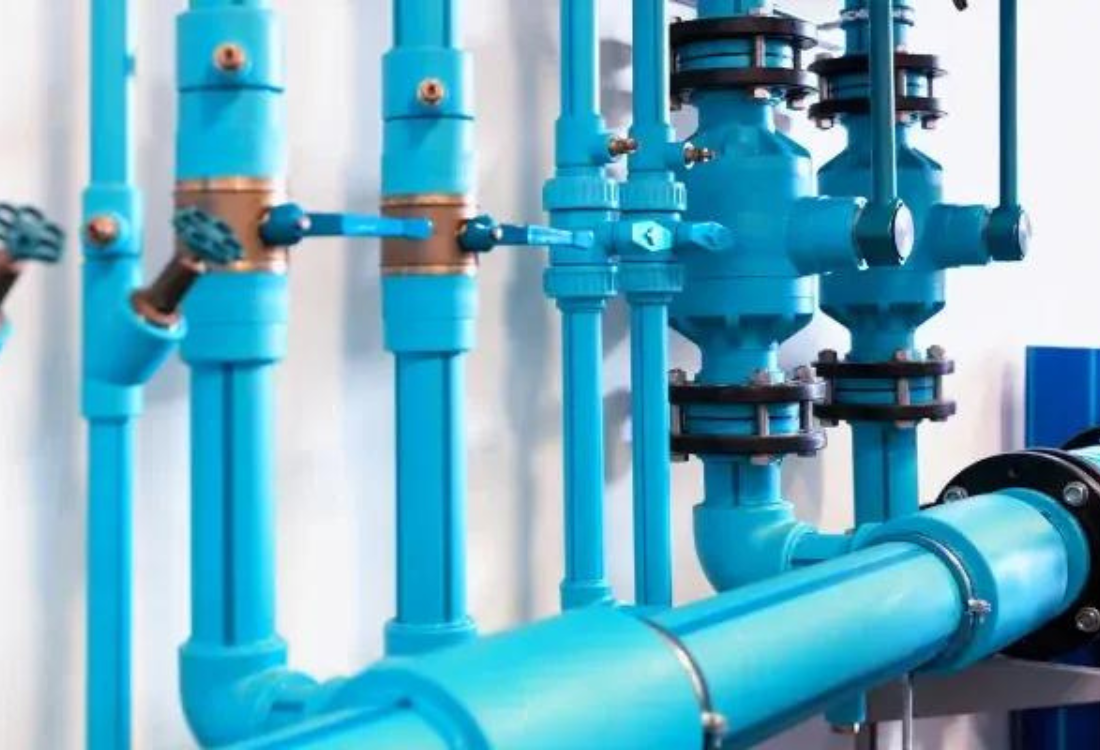
Benefits Of Stainless Steel Pickling In The Power Generation Industry
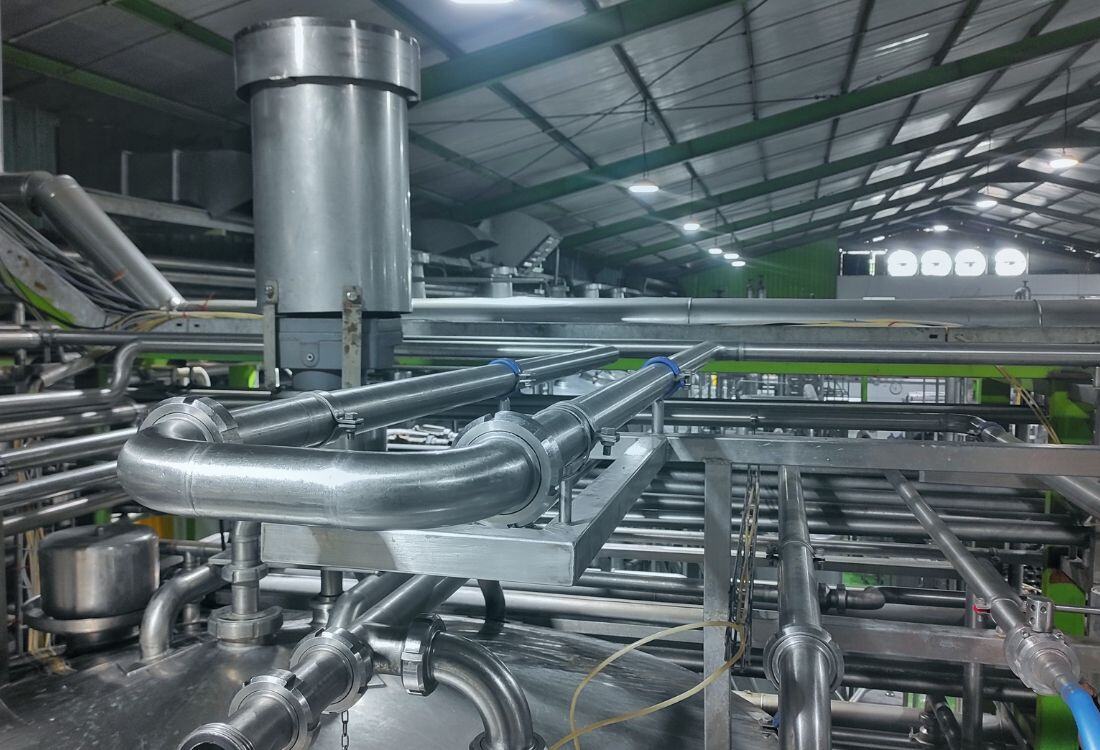
Rouge Types: What Are The Three Main Classes Of Rouge?
